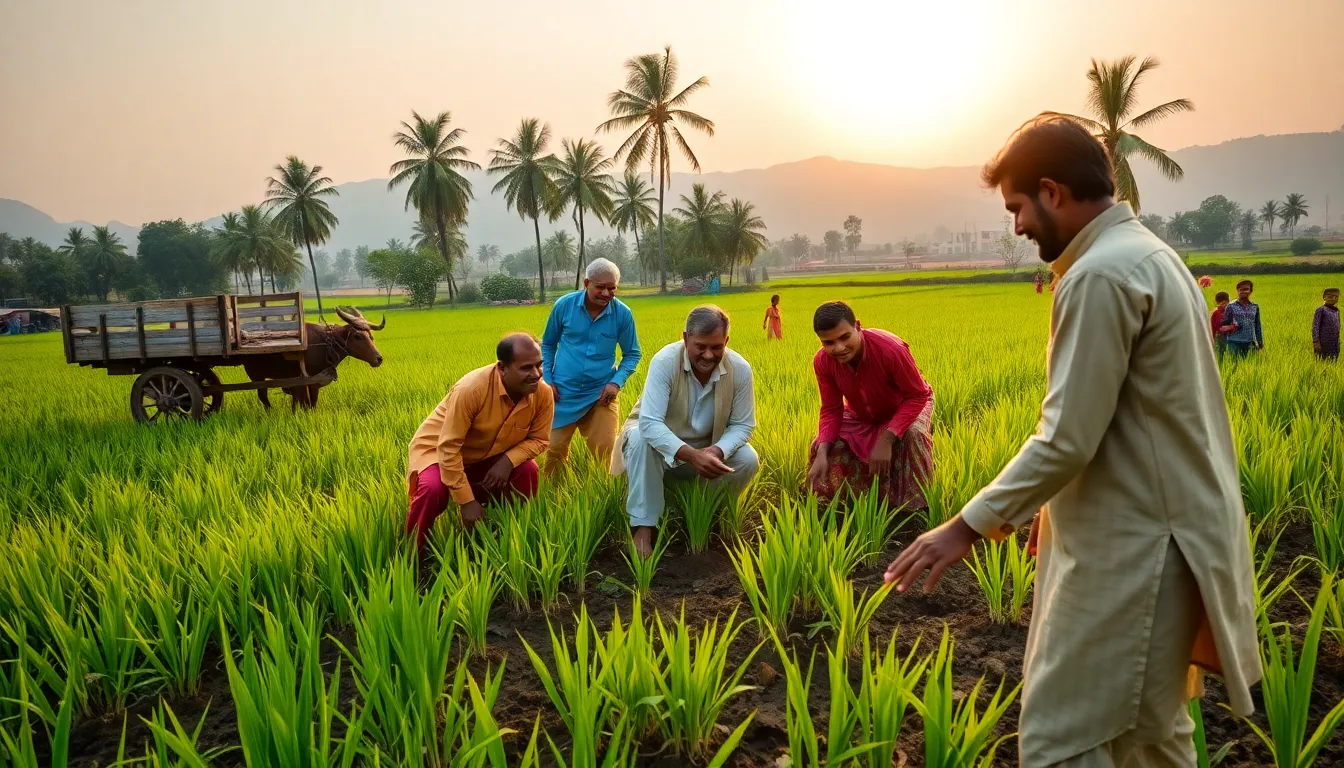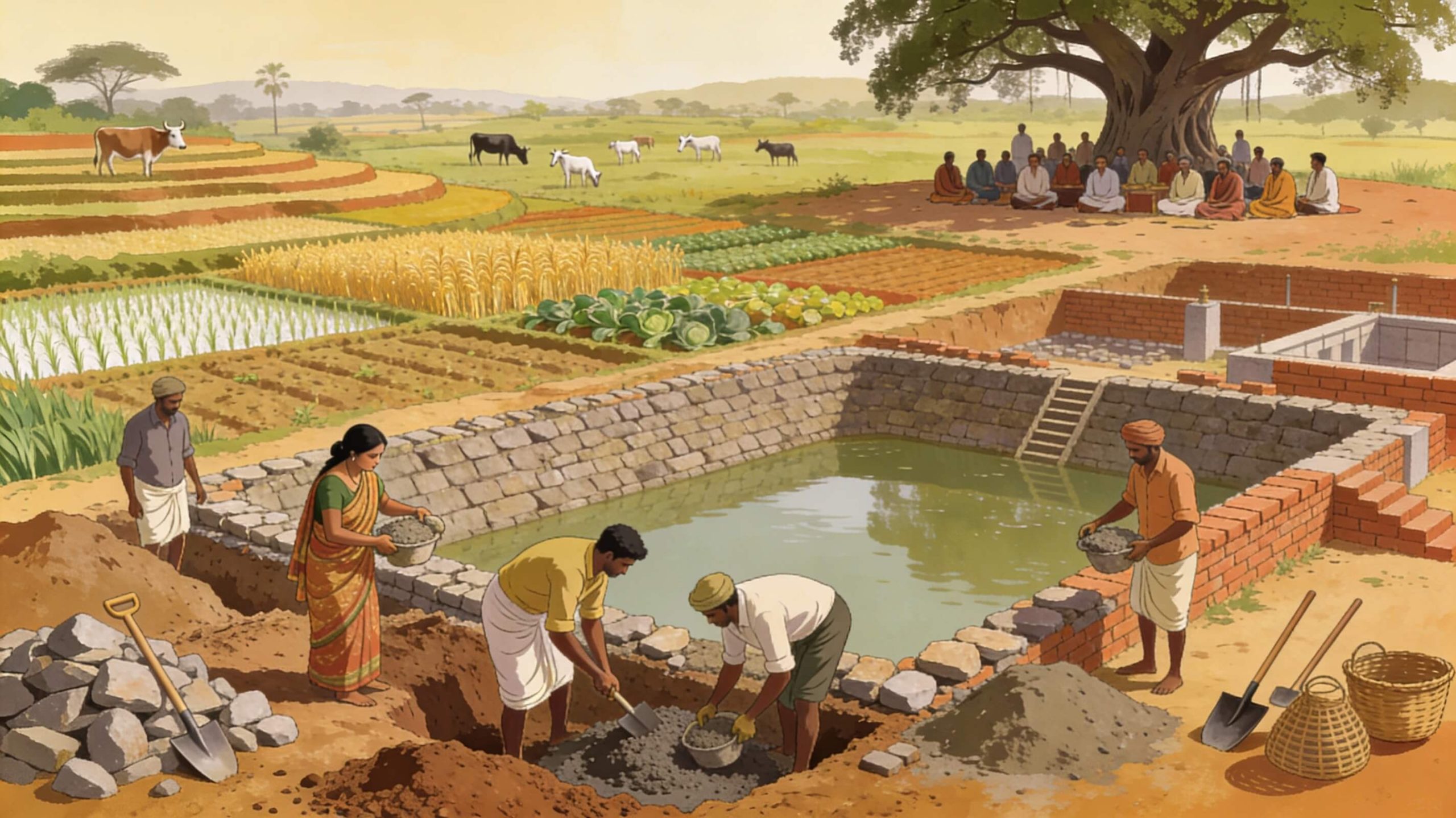India’s agriculture faces a significant challenge. Recent proposals from NITI Aayog raise concerns about the future of local farmers. These policies could turn India into a marketplace for foreign agricultural products. This shift could harm food sovereignty and self-reliance. The promotion of genetically modified (GM) imports is one of the main issues. The reduction of import duties also threatens local farmers. These changes may align India’s farm policies more with U.S. trade interests rather than national priorities.
India has a rich agricultural history. Farmers in India feed millions of people. They grow various crops, including rice, wheat, and pulses. However, the increasing imports of agricultural products can undermine their hard work. In the financial year 2024, pulses were the highest value of agricultural imports into India. Fresh fruits ranked second, with imports exceeding 226 billion Indian rupees. The total agricultural imports that year were over 2.6 trillion rupees. This trend shows a growing reliance on foreign produce.
The proposed NITI Aayog policies risk deepening this reliance. By promoting GM imports, they could disrupt local markets. Farmers are concerned about competing with cheaper foreign products. The focus should be on supporting local agriculture instead of importing more.
Food sovereignty is crucial for any nation. It means having the right to produce healthy food. It also means protecting local farmers from unfair competition. When foreign products flood the market, local farmers struggle to survive. Many may even leave farming altogether, leading to a loss of traditional knowledge.
Moreover, aligning farm policies with U.S. trade interests raises many questions. Are we prioritising foreign trade over our farmers’ needs? The answer is not simple, but it is vital to consider. Local farmers must be at the heart of India’s agricultural policies.
The government has a role to play. It should create policies that support local farmers. This includes investing in technology, providing subsidies, and reducing the burden of debt. Farmers need resources to thrive and compete.
The future of Indian agriculture lies in supporting our farmers. We need to develop strong policies that protect their interests. This means focusing on local production and reducing the dependence on imports. Only then can we ensure food security and sovereignty.
In conclusion, India must rethink its agricultural policies. The risk of becoming a marketplace for foreign produce is real. We must act to protect our farmers and ensure a sustainable future for Indian agriculture. It is time to invest in local farming and secure our food systems for the generations to come.





